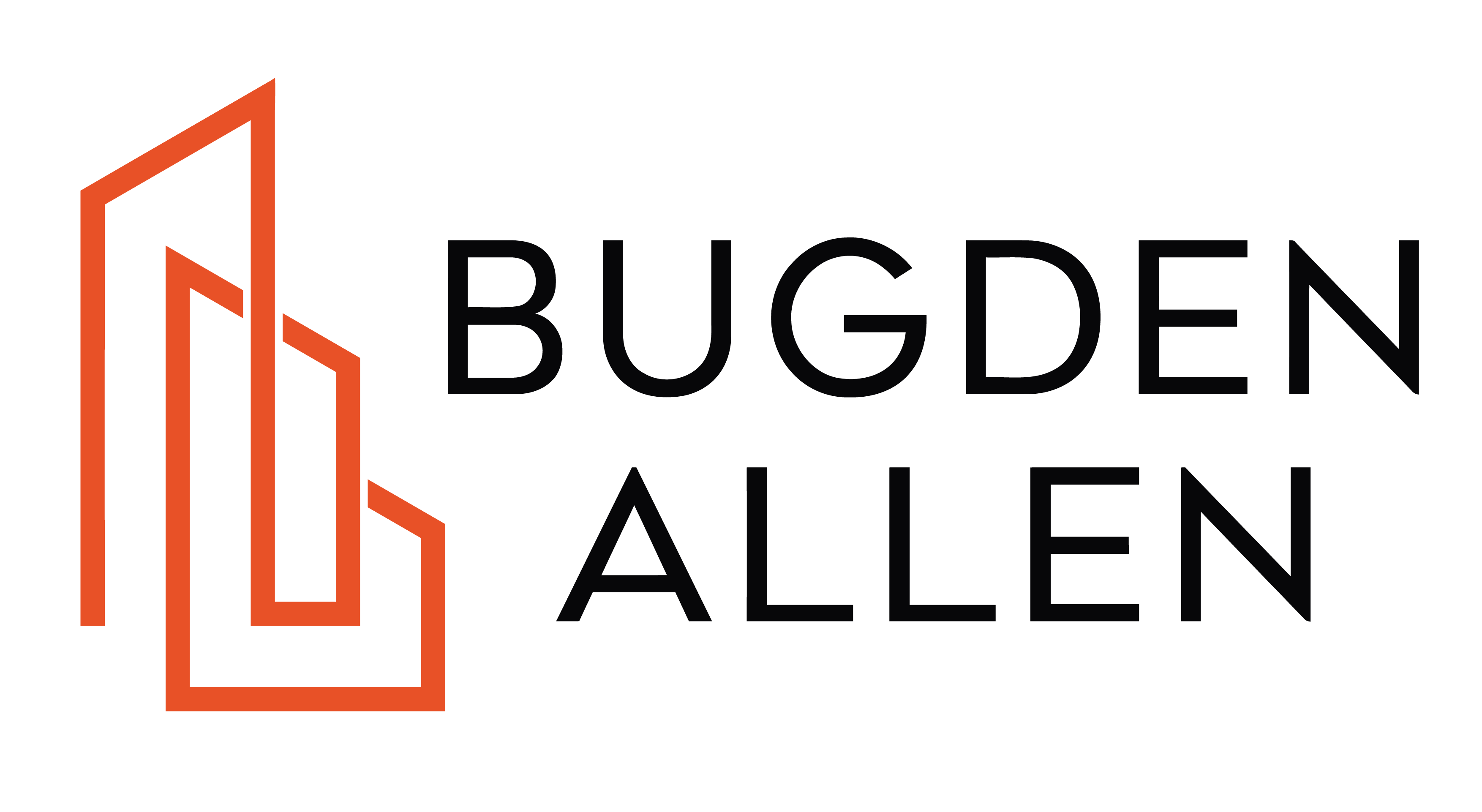Can a body corporate ‘buyback’ a caretaking unit within its own scheme?
In certain
circumstances, a body corporate may be in a position where it may wish to ‘buy-back’ the management rights and
caretaker’s unit within its own community titles scheme. This can occur when a
caretaking agreement is terminated by the parties or if the relationship
between the caretaker and the body corporate has broken down and the best
solution is a “buy-back”.
This article will
discuss the available options to facilitate the sale of a caretaking unit to a
body corporate under the Body Corporate and Community Management Act 1997
(“Act”) and the Body Corporate and Community Management (Standard
Module) Regulation 2008 (“Module”).
Throughout this article it should be generally noted that the Act does not envisage that a body corporate can become a long-term owner of a lot within its own community titles scheme.
Acquisition of amenities for the benefit of owners of lots
Section 156 of the Act states that a body
corporate may acquire, and enter into agreements about the use of, real and
personal property in the way, and to the extent, authorised under the Module.
Section 166 of the Module further states that
a body corporate may in its name acquire freehold land for the use and
enjoyment of the owners or occupiers of lots included in the community titles
scheme only if authorised by a resolution without dissent.
Under these provisions it would be difficult for a body corporate to argue that the acquisition of a caretaking unit is for the actual use and enjoyment of the owners or occupiers of lots within the scheme.
Body corporate acquisition of and dealing with a lot included in its own scheme
Division 2 of Part 3 of the Act:
(a) allows a body corporate to acquire a lot in its own scheme if the lot is to become common property (“Common Property Unit”) for use as a residence for a letting agent, service contractor or a residence or office for a letting agent;
(b) requires a body corporate to lease the Common Property Unit to a letting agent or service contractor; and
(c) upon termination of the lease, to convert the Common Property Unit into a lot in the scheme.
This method will allow the body corporate to avoid paying stamp duty on the acquisition, however it is only a ‘temporary fix’ as the Common Property Unit must eventually be converted into a lot and ultimately be transferred to a third party as the body corporate cannot become an owner of a lot within its own community titles scheme, otherwise than to lease it as above.
Interdependent sales contracts
As an alternative, the
body corporate may be able to find a third party purchaser for the caretaker’s
unit during its acquisition of the management rights agreements. The prospective
purchaser could then enter into the agreement to purchase the caretaker’s unit
from the caretaker and the body corporate would acquire from the caretaker what
remained of the management rights. The 2 agreements would be inter-dependent.
This method will significantly reduce the amount of funds that must be expended by the body corporate to fund the acquisition; however, it will only be feasible if there is an available purchaser at the time of the acquisition.
Put-and-call option
If
a third party purchaser of the caretaking unit and management rights is not
readily available at the time, a ‘put-and-call option’ could be entered into
between the body corporate and the caretaker.
A
put-and-call option essentially allows the parties to enter into an agreement
to sell or acquire something at a future point in time such as a caretaker’s
unit. This type of agreement grants a future right to compel a seller to sell
(‘call option’) or a purchaser to buy (‘put option’).
A
put-and-call option allows a body corporate to find a purchaser of the caretaker’s
unit within a specified time period. If it is unable to do so, then it will
need to acquire the unit itself.
Similar to inter-dependent sales contracts, a put-and-call option will significantly reduce the amount of funds that must be expended by the body corporate. This is because the body corporate will not be required to raise funds to buy back the caretaking unit and pay the stamp duty on the purchase.
Documentation
Documenting and approving these types of transactions is very complex and a body corporate should not commit to acquiring a caretaker’s unit, or even negotiate a particular approach, without first obtaining advice from a body corporate lawyer who is experienced in these types of transactions.
Article by Aleksandra Naglik, Solicitor in our Brisbane office.




